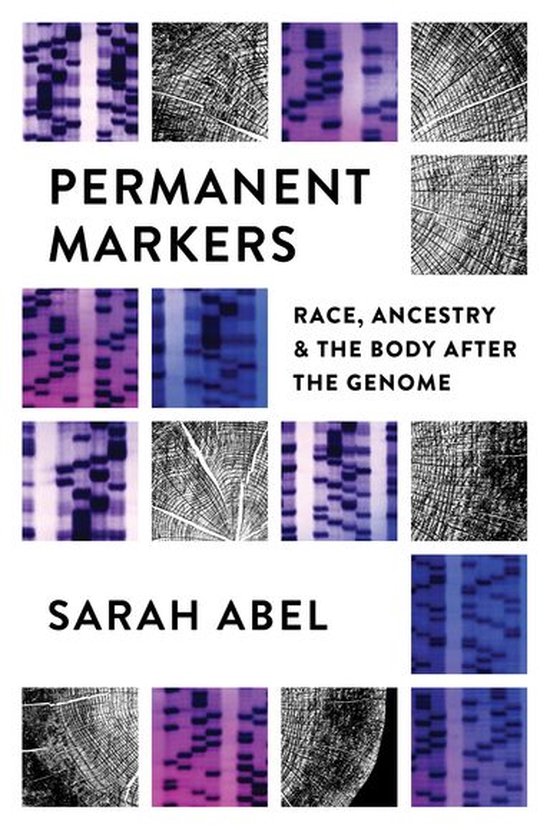Permanent markers

Direct beschikbaar
*Over the past twenty years, DNA ancestry testing has morphed from a niche market into a booming international industry that encourages members of the public to answer difficult questions about their identity by looking to the genome. At a time of intensified interest in issues of race and racism, the burgeoning influence of corporations like AncestryDNA and 23andMe has sparked debates about the commodification of identity, the antiracist potential of genetic science, and the promises and pitfalls of using DNA as a source of "objective" knowledge about the past.
This book&*8239;engages these debates by looking at the ways genomic ancestry testing has been used in Brazil and the United States to address the histories and legacies of slavery, from personal genealogical projects to collective racial politics. Reckoning with the struggles of science versus capitalism, "race-blind" versus "race-positive" public policies, and identity fluidity versus embodied experiences of racism, Permanent Markers seeks to explain why societies that have broadly embraced the social construction of race continue to search for, and find, evidence that our bodies are indelibly marked by the past.
- 1 Bekijk alle specificaties
Taal: en
Bindwijze: E-book
Oorspronkelijke releasedatum: 16 december 2021
Ebook Formaat: Adobe ePub
Hoofdauteur: Sarah Abel
Hoofduitgeverij: The University Of North Carolina Press
Lees dit ebook op: Desktop (Mac en Windows)
Lees dit ebook op: Kobo e-reader
Lees dit ebook op: Android (smartphone en tablet)
Lees dit ebook op: iOS (smartphone en tablet)
Lees dit ebook op: Windows (smartphone en tablet)
Studieboek: Nee
EAN: 9781469665160